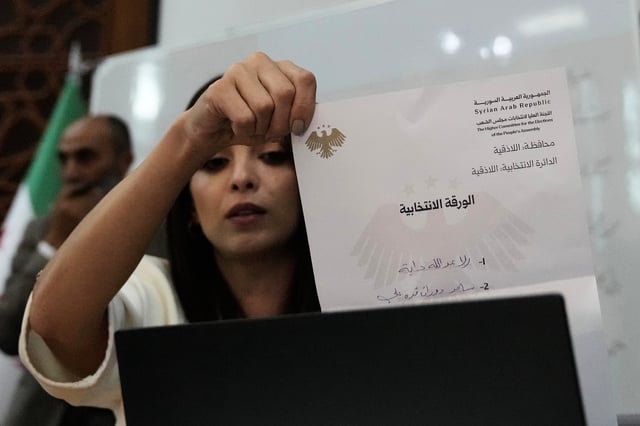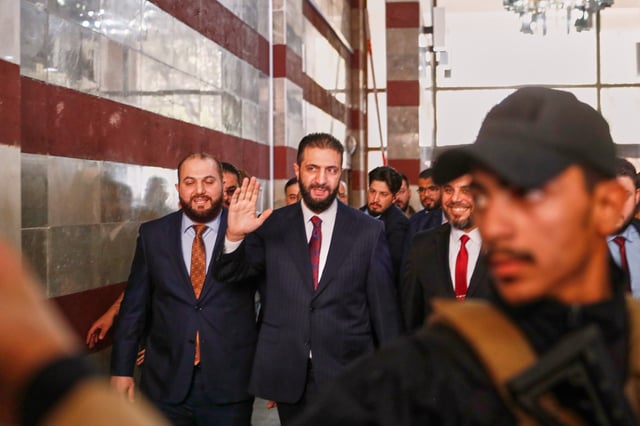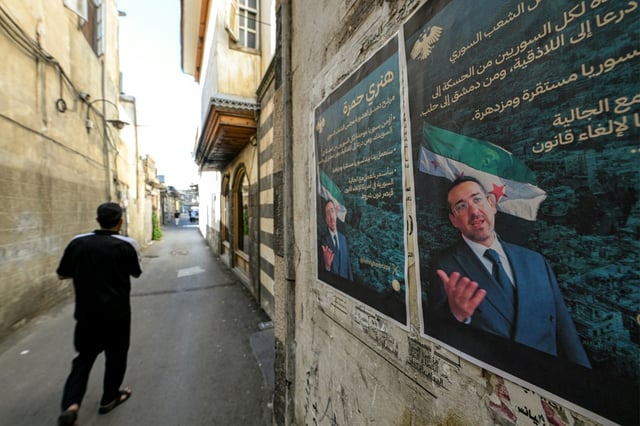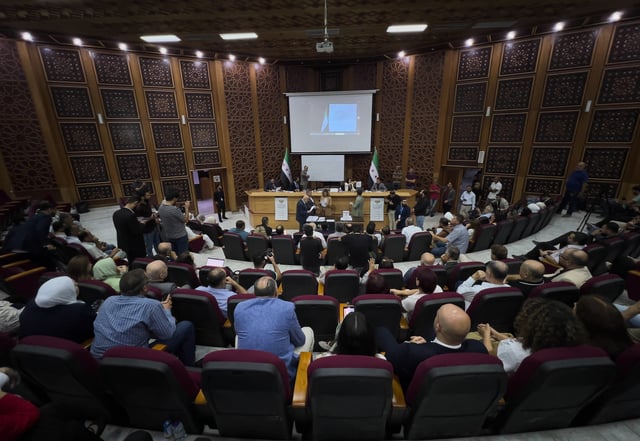Overview
- Roughly 6,000 electoral‑college members voted on Sunday to fill two-thirds of the 210-seat People’s Assembly, with preliminary tallies expected within hours and the final list due Monday.
- Interim President Ahmed al‑Sharaa will appoint the remaining 70 lawmakers to complete the chamber’s lineup.
- The transitional assembly carries a renewable 30‑month mandate to pass an elections law and draft a permanent constitution before future nationwide polls.
- Voting was postponed in Druze‑majority Sweida and in Kurdish‑held northeastern areas, leaving 32 seats vacant until conditions allow a vote.
- Rights groups criticize the centrally managed, indirect system as unrepresentative and note that only about 14% of more than 1,500 candidates are women, while authorities say direct elections are not feasible due to displacement and missing documents.



